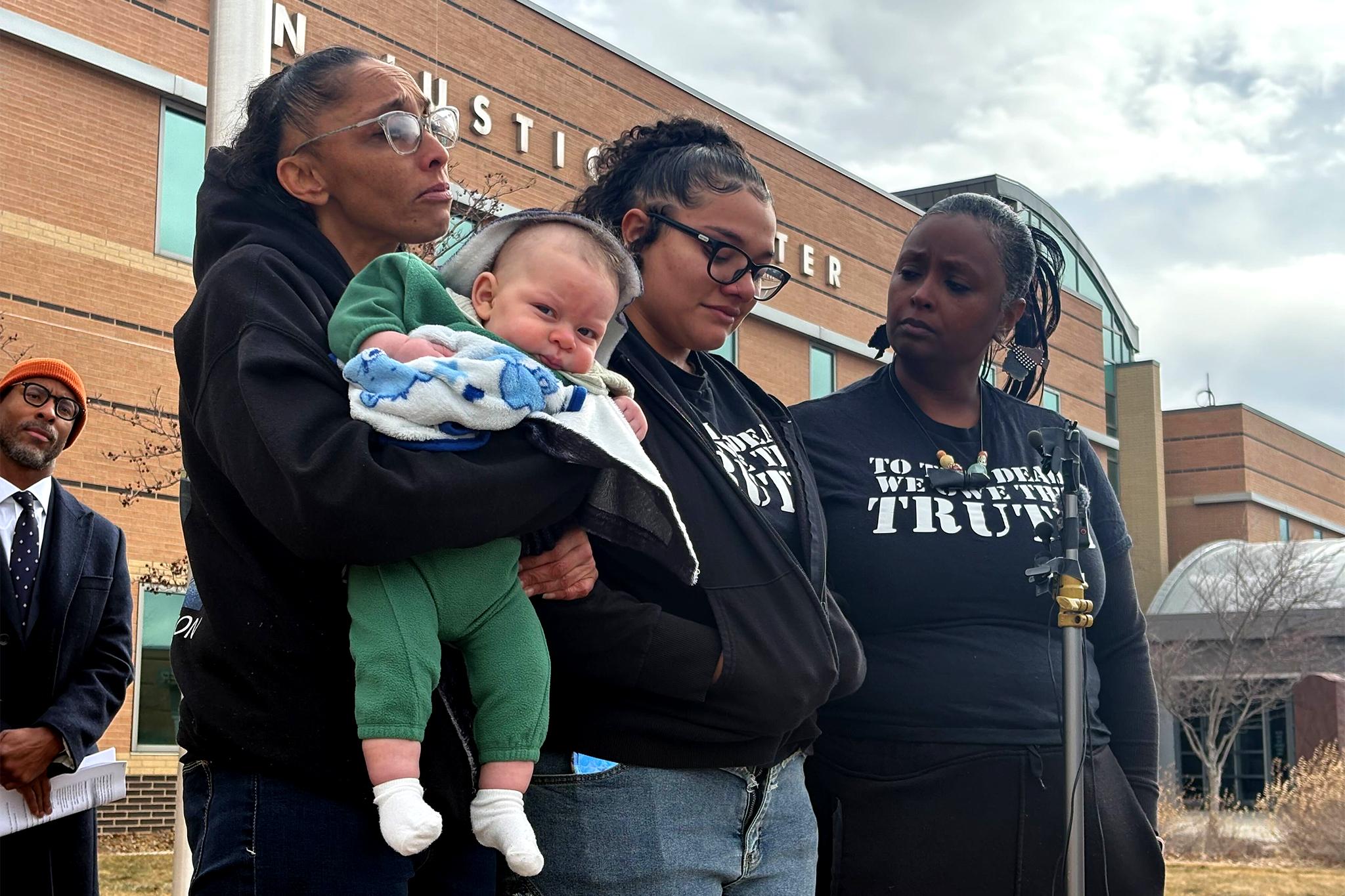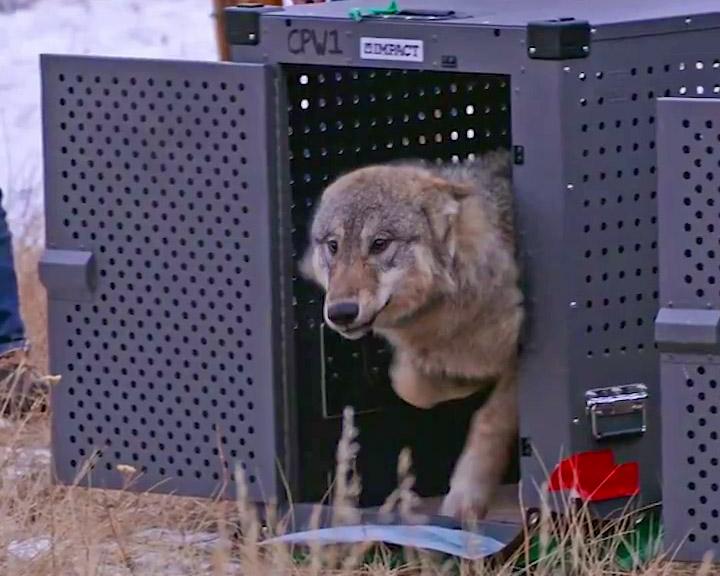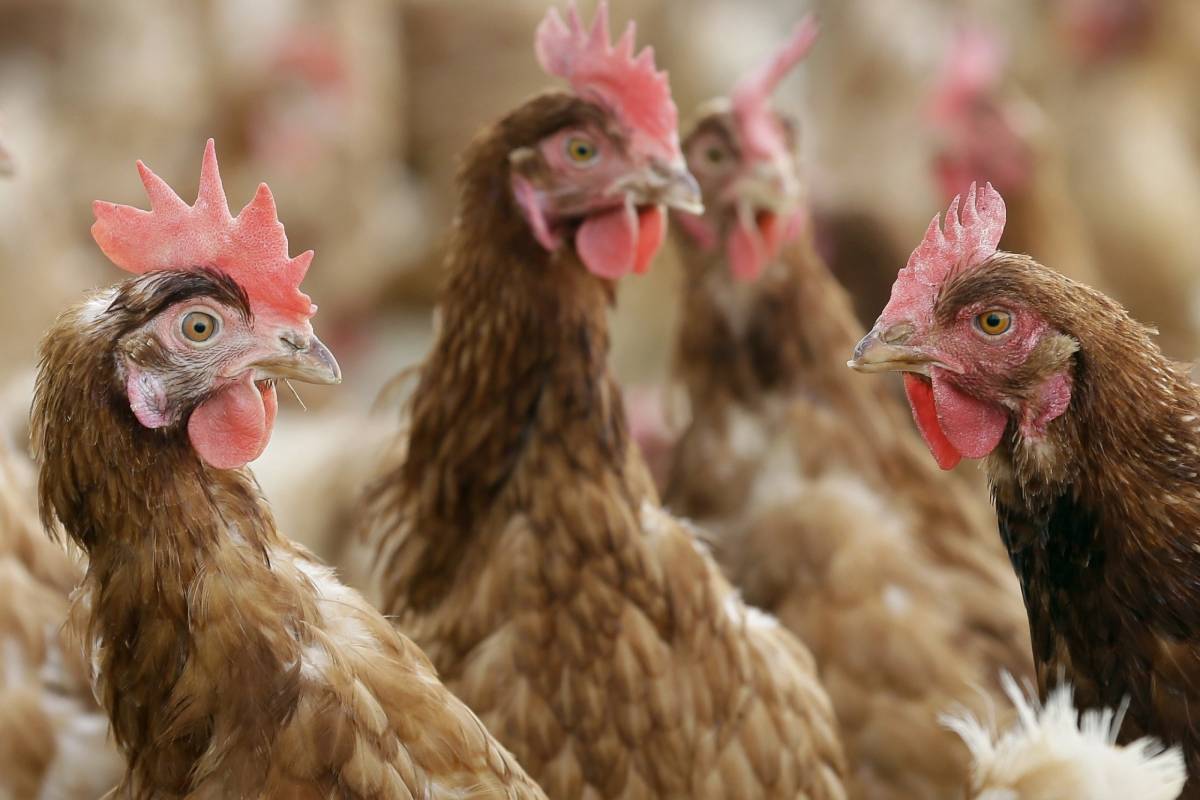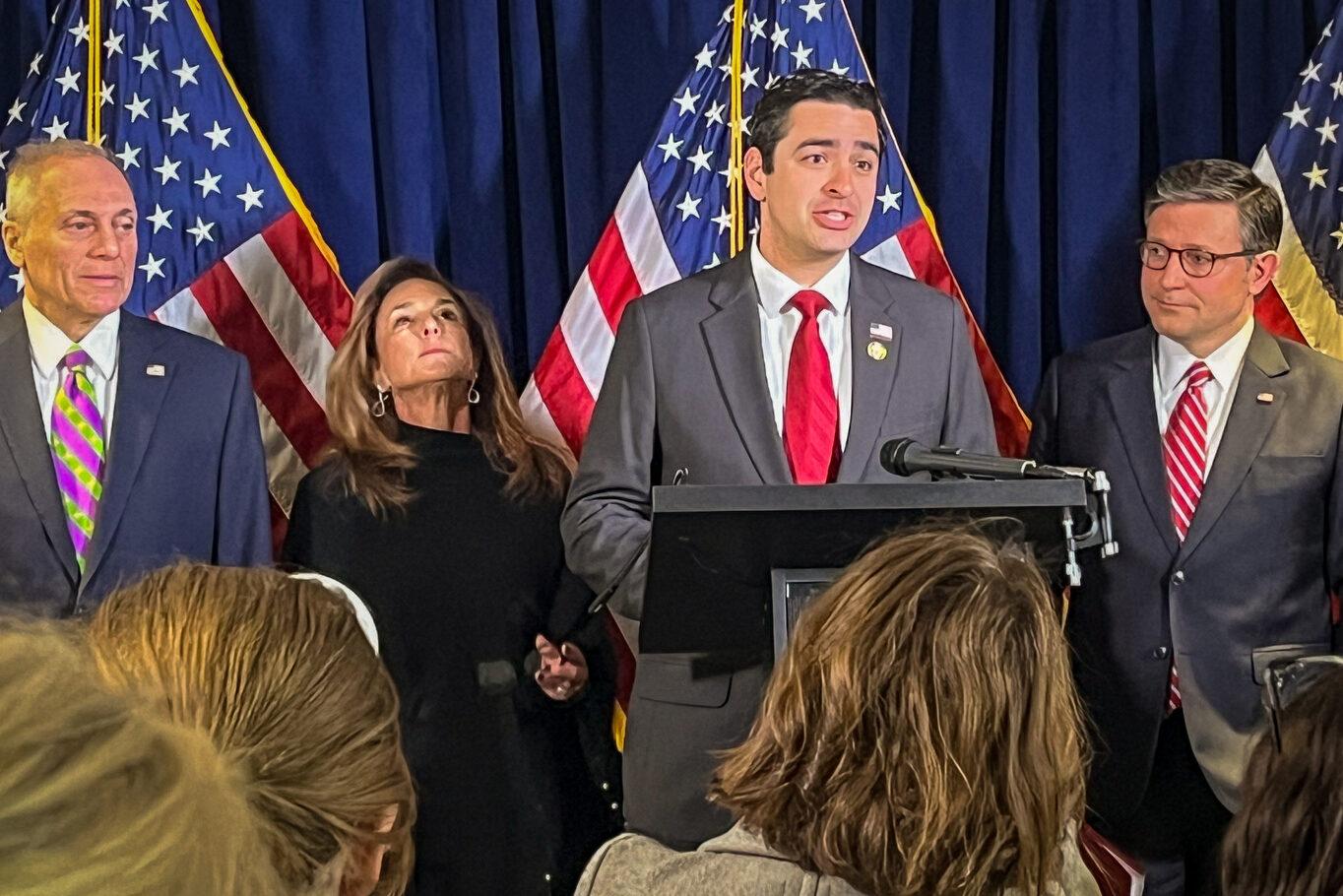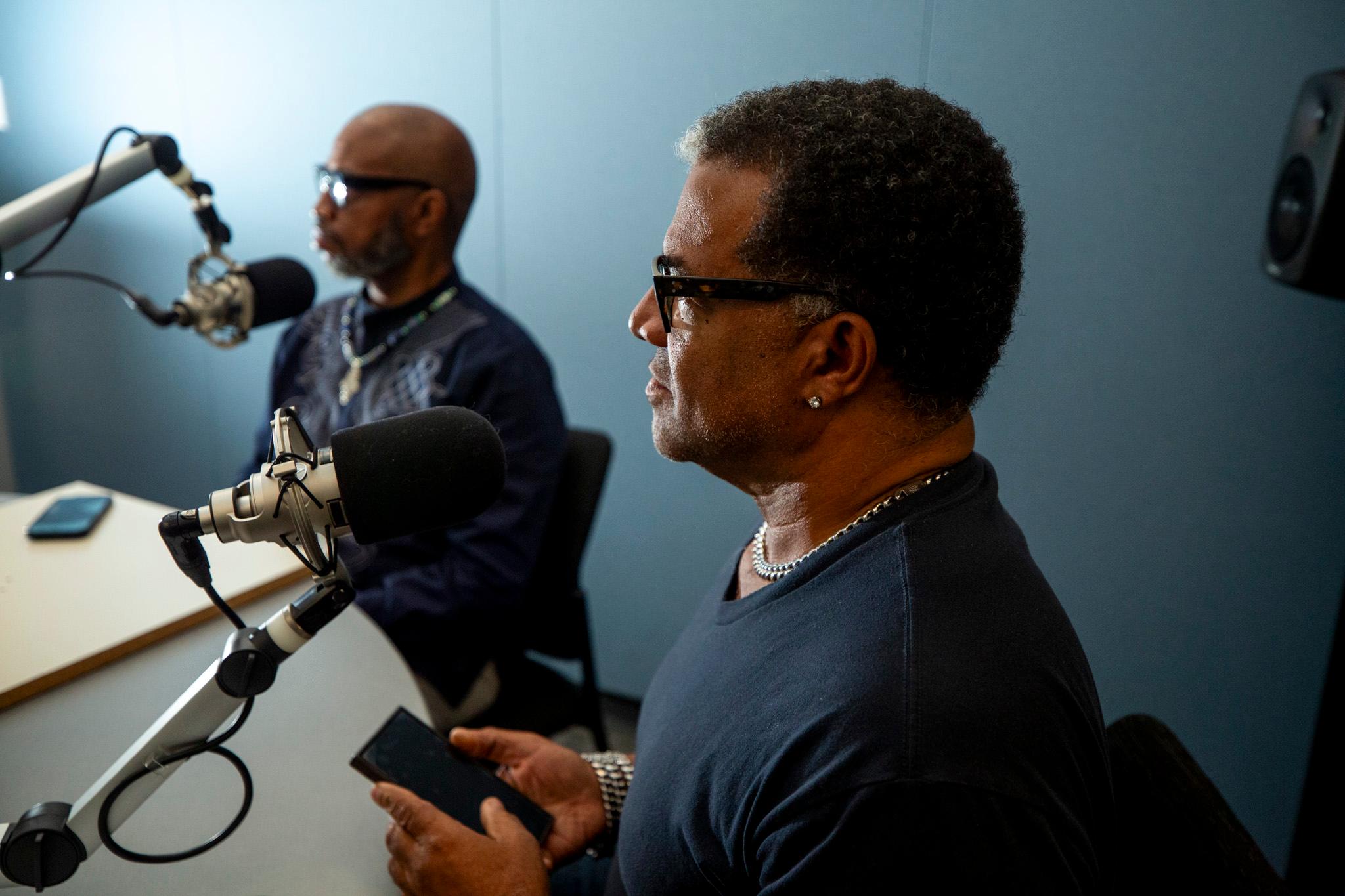
Sixty years after the Voting Rights Act of 1965 outlawed discriminatory voting practices and became one of the crowning achievements of the civil rights movement, some political observers assert that its promise of equal access to the ballot remains under threat. And the latest challenge before the U.S. Supreme Court could change the trajectory of American democracy.
“What made the Voting Rights Act transformative is one, it was the culmination of a series of voting and civil rights bills that have been enacted in the United States since the end of the Civil War going all the way back to 1867 or so,” said Terrance Carroll, a Denver minister and lawyer who previously served as Colorado’s first Black Speaker of the House. “But it was probably the most definitive and the one with the most teeth of all the voting rights and civil rights bills that came about after Reconstruction. It still remains important today because there are parts of this country where folks who are on the margins … still do not have access fully to the ballot box to elect a candidate of their choice.”
Carroll and fellow analyst Alton Dillard recently told Colorado Matters Host Chandra Thomas Whitfield in a panel discussion that the law’s protections are being tested again as the Supreme Court hears a Louisiana case that could roll back Section 2 of the Voting Rights Act, which prohibits voting practices that discriminate on the basis of race.
Carroll said the case arose after Louisiana’s post-census redistricting packed most Black voters into a single congressional district. “There was a lawsuit. The court said, ‘Hey, Louisiana, this is illegal under Section 2 of the Voting Rights Act. You have to create two, what are called opportunity districts,’” he said. “It’s being hyperbolic to say that they were forced to create Black districts. That’s just lazy reporting. Now we’re at the Supreme Court ... and the majority of the court in the questioning gave some indication that they’re probably going to completely roll back or mostly roll back Section 2 of the Voting Rights Act.”
Carroll said such a ruling could “undermine protections for folks who traditionally have not had access to elect a person of their choice.”
“The broader implication is that there would be no remedies for redistricting that diluted the voting strength of minority voting blocks,” he said. “There would be no remedy essentially.”
Dillard, a Denver native and longtime public servant who has worked on election transparency, said it is critical to remember that not all states share Colorado’s record of expanding voter access.
“We have to sort of look at this when it comes to the Voting Rights Act through what I call the Colorado lens,” Dillard said. “Colorado is kind of a unicorn when it comes to the voting rights space ... In Colorado, we had House Bill 1303, which created a model where ballots were sent directly to the voters.”
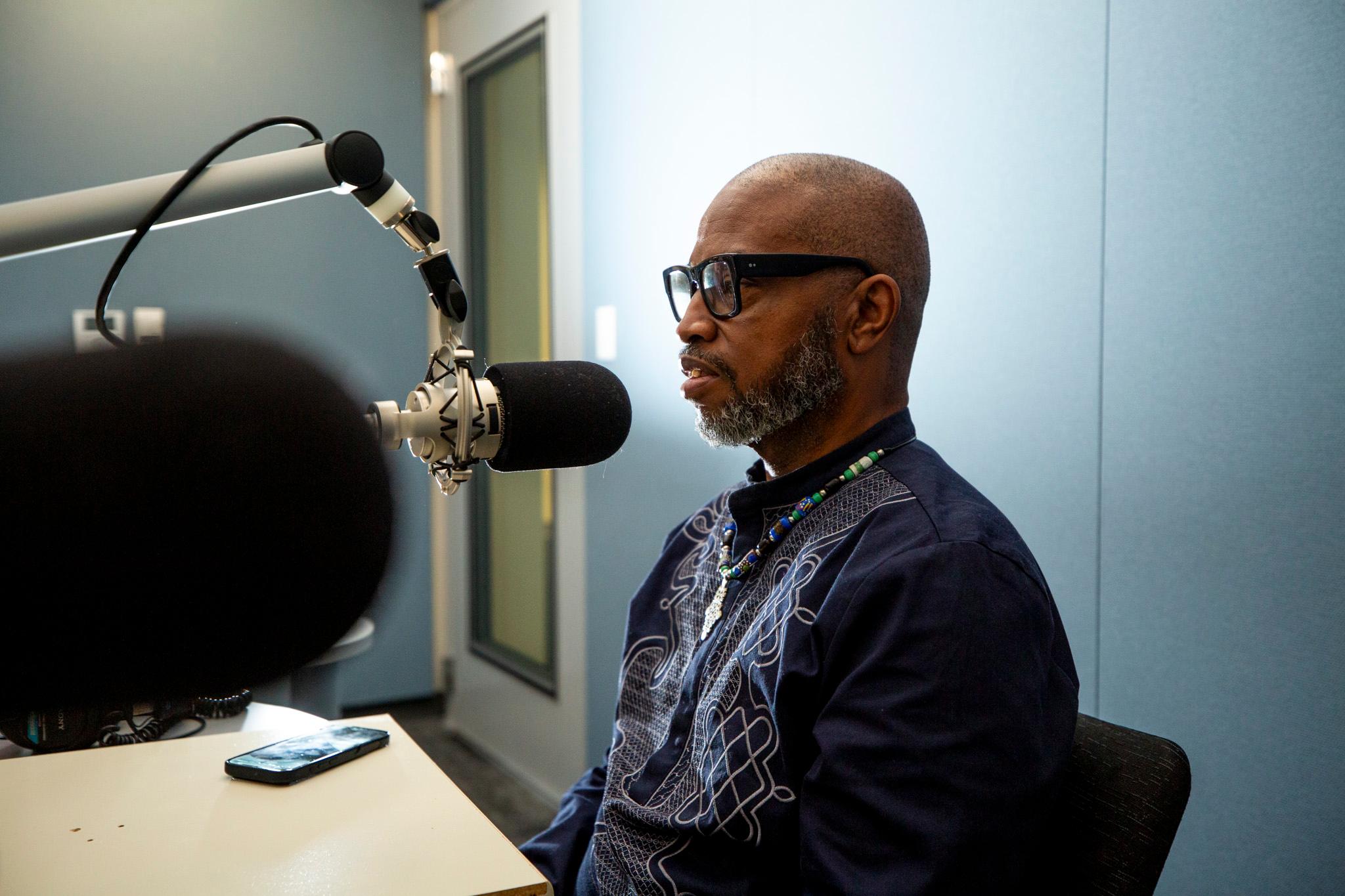
Dillard said the state’s mail-in and drop-box system helps prevent long wait times seen elsewhere, such as “Ms. Mabel from down the street having to stand in blocks-long lines in order to be able to cast their vote.”
Carroll said the federal law’s strength has eroded over the last decade. “Ten years ago, we started to see the Supreme Court back away from the enforcement of the Voting Rights Act with the Shelby v. Holder case, which essentially gutted enforcement ... under Section 2,” he said.
Both analysts expressed concern about the broader narrative emerging from some political leaders that the nation has moved beyond racism in society and voting.
“You have two sides of this as always,” Carroll said. “But I think one side is intellectually dishonest ... to actually say that we’ve come so far in this country that everyone has an opportunity to elect a candidate of choice. To say that we’ve gotten beyond these types of tactics is to ignore history and the present, which is repeating the history that we’ve seen in the past.”
Dillard said the Louisiana case underscores whether the nation can “decouple race and party affiliation.”
“One of the things that’s being discussed at the Supreme Court is this notion of a colorblind society, and they’re trying to tie that back to the Constitution,” he said. “We, as in Black people, were still property when the Constitution was created. It was not written for us.”
He added that Section 203 of the Voting Rights Act remains vital for ensuring ballots are provided in multiple languages. “That’s why you see our ballots presented bilingually in English and Spanish, and sample ballots provided in Amharic and Somali and Russian and Vietnamese, because again, it’s about access,” Dillard said.
While voter fraud has been a rallying cry for some lawmakers, Dillard said the actual cases in Colorado have been rare and those that have occurred have been prosecuted. “A woman in Douglas County was just prosecuted for voting her deceased husband’s ballot. And I also remember what happened with Steve Curtis, who was the former head of the state Republicans when he got caught casting a fraudulent ballot,” he said.
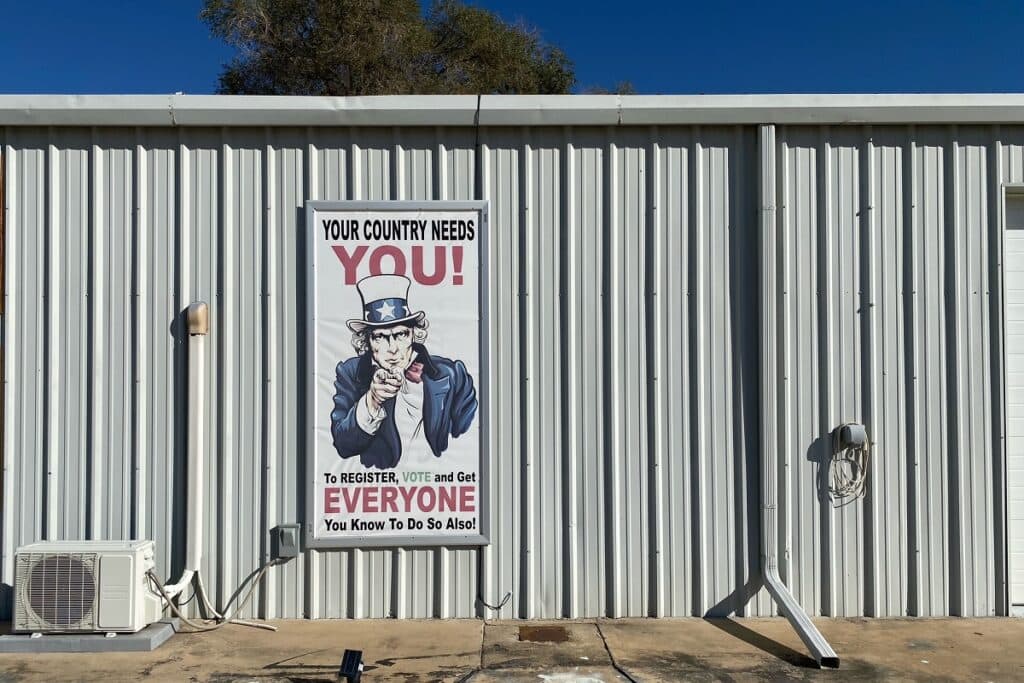
Colorado’s Voting Rights Act, which took effect in August 2025, just as the federal Voting Rights Act marked its 60th anniversary, expands multilingual ballot access, ensures voting rights for people in jail, and adds protections against discrimination based on gender identity or sexual orientation. Dillard said Colorado “seems to always get on the forefront to be able to step up and provide protections against federal overreach.”
He noted that Colorado voters “need to keep an eye out,” emphasizing that “even though we have it good, don’t go to sleep on what’s going on externally.”
Carroll said state-level protections are critical as federal oversight diminishes. “We’re already at a place in the current administration where there’s not going to be any federal oversight of voting rights cases when they impact minority populations,” he said. “So it’s very important for states, where you can, adopt voting rights protections.”
However, he warned that the patchwork of state laws could deepen inequities. “We’re now creating a world where you have the haves and the have-nots when it comes to the exercise of your rights. That’s absolutely unacceptable,” he said.
Dillard said other communities, including Latino and Asian voters, should be on alert about how a rollback of Section 2 could ultimately affect them too. “These other communities need to start paying attention to the level that we have,” he said. “Don’t get into this belief that all history is ancient history. When former speaker Carroll talks about history repeating itself, we’re back in that same cycle.”
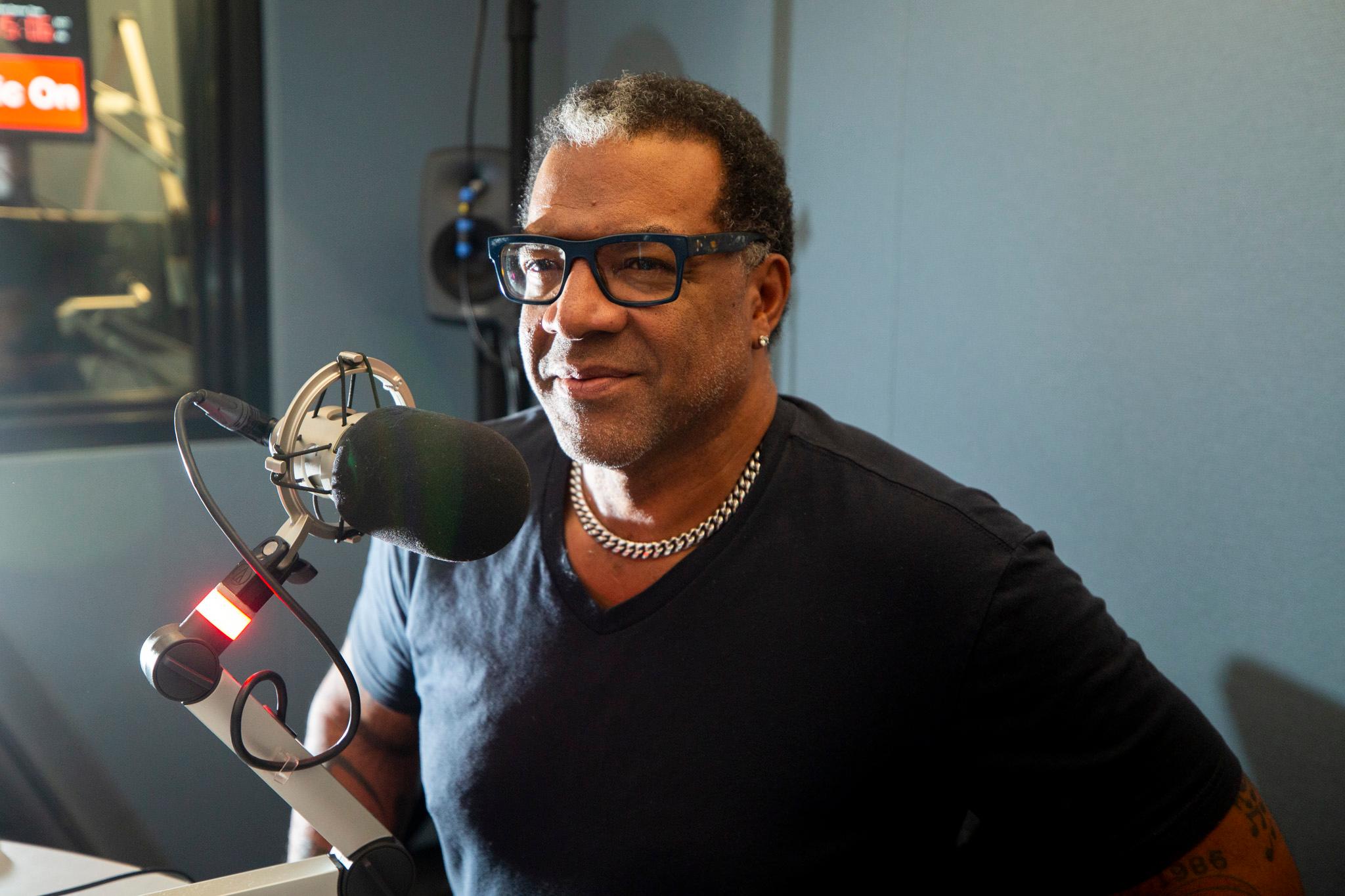
Carroll said Colorado’s inclusion of protections for LGBTQ+ voters in its Voting Rights Act is historic, but remains untested. “It’ll be interesting to see how that could potentially be enforced, because the federal law focused on physical markers, which would not necessarily be clear or known among LGBTQ+ voters,” It will be interesting to see how that plays out,” he said.
Dillard said he is curious how identification laws could affect that community. “If you may not appear to be of the gender that you provided with your identification, could that be a means of disenfranchisement?” he said.
Carroll warned that national rhetoric has grown increasingly hostile toward marginalized groups. “We’re at an inflection point ... where the very nature of who’s a full citizen is being debated,” he said. “They’re acting like ... if you’re not a white, male, heterosexual and Christian, you should not be able to vote.”
Dillard added, “We always want to drop this down to Democrats and Republicans, but this is a class war,” he said. “People are out here playing checkers instead of chess and not paying attention to the bigger picture.”
Carroll said Congress must take action to restore the law’s strength. “Number one is to pass the John Lewis Voting Rights Advancement Act. Number two, pass the Fair Representation Act,” he said, noting that many members of Congress are each tasked with representing as many as 800,000 citizens.
Dillard added that Americans cannot rely on Congress alone. “People need to make their voices heard,” he said.

